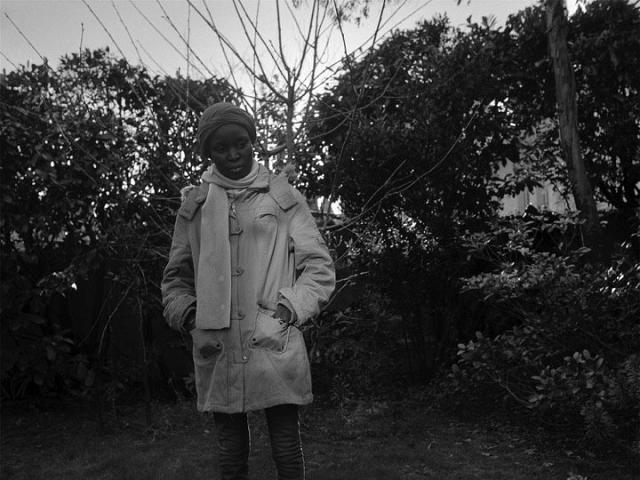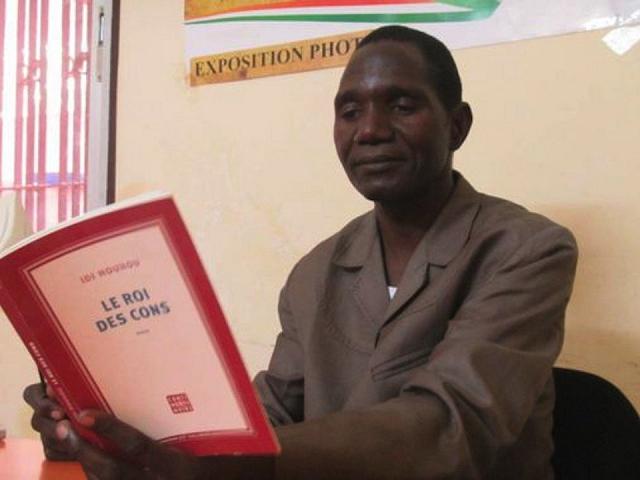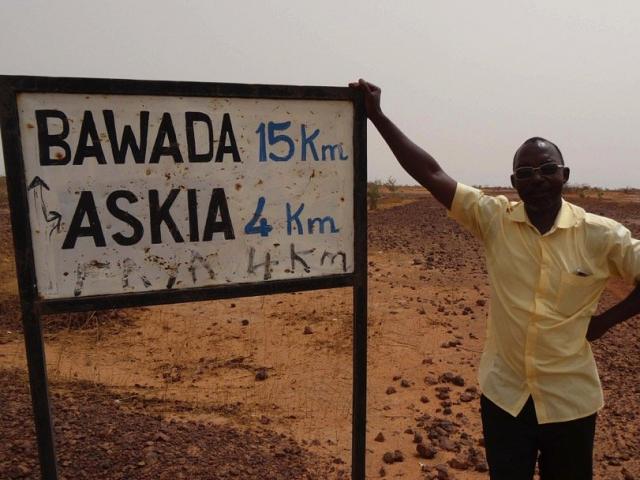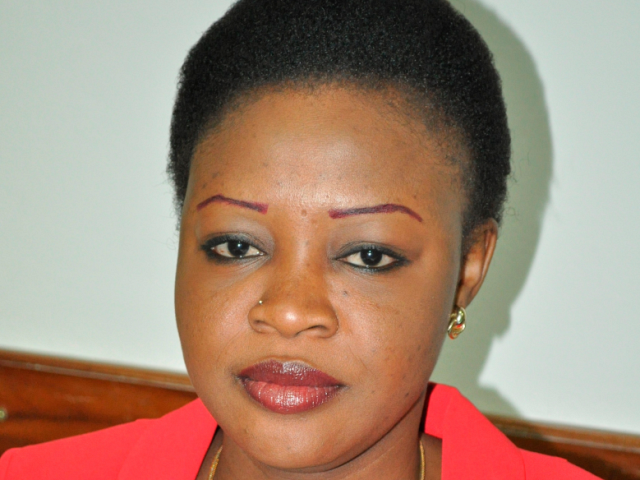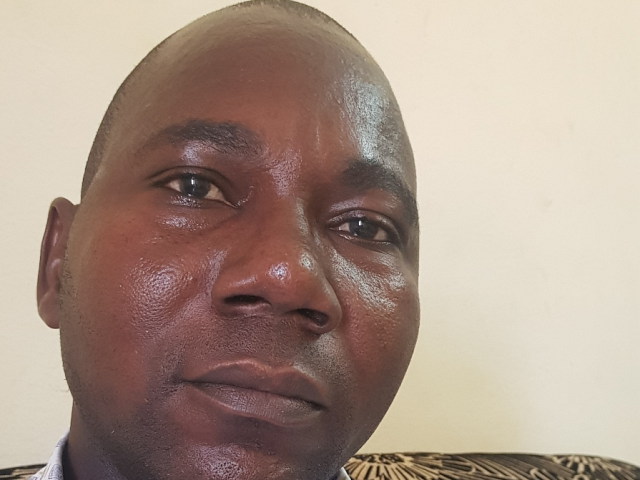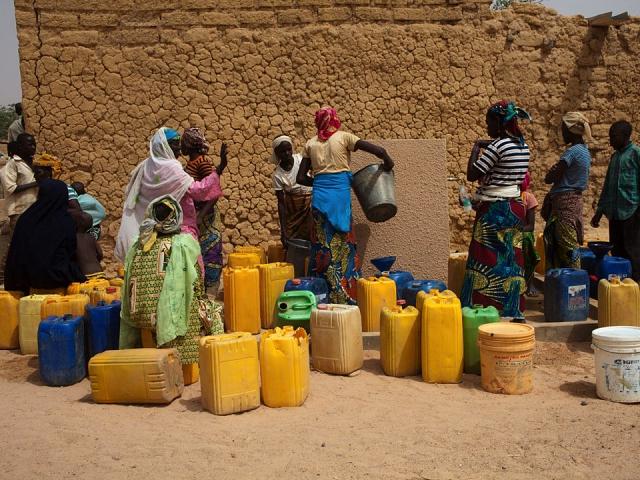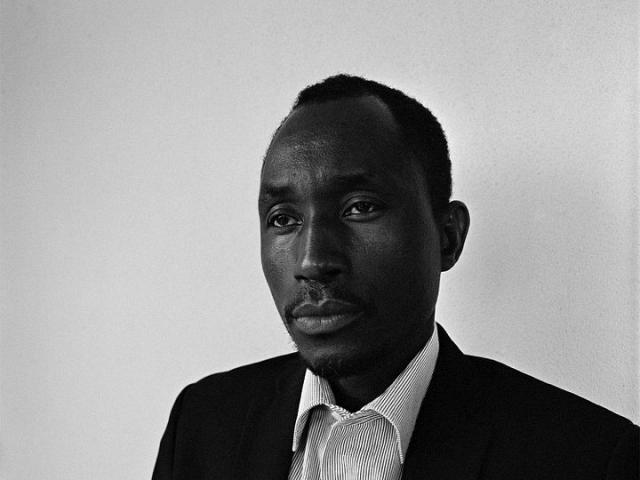
The Origins
It was Jean Rouch who first showed Niger in films; he arrived in Niger in 1941, as a civil engineer. As early as 1947, he directed ‘In the Country of the Black Magi’, then in 1948, ‘Initiation to the Dance of the Possessed’, and ‘the Magicians of Wanzarbe’ in 1949.
He later met a young Nigerien, Oumarou Ganda, an Indochina war veteran, who was looking for a job. The leading actor of Jean Rouch’s ‘I, a black man’ (1957), later his assistant director, Oumarou Ganda was to be the first great Nigerien fiction film director. Jean Rouch died in Niger, following a road accident during the night of the 18th-19th February, 2004.
Success story
Nigerien Cinema’s first success occured when Moustapha Allassane received the Drawing Award at the first Dakar Festival of Negro Arts in 1964 for ‘The Death of Gandji’.
‘Kabascabo’ by Oumarou Ganda, was the first Nigerien film selected for the Cannes Film Festival (France, 1969). It also received the great jury award at the Moscow Festival in 1969.
On March 12th 1972, Oumarou Ganda was awarded the first Grand Prix Etalon de Yennenga at the 3rd Panafrican film festival in Ouagadougou (FESPACO), for his medium-length film, The Polygamous Wazzou. The famous film director’s memory has been commemorated in a Cultural Center, the Oumarou Ganda Cultural Center, in Niamey.
In 1979, Gatta Abdourahamne was singled out as Gold Camera at the FESPACO, for his film Gossi Initiation Sohantie, and in the same year he was the laureate for The Cabin vision habitat UNESCO in Nairobi, Kenya. In 1990, the actress Zalika Souley received the Tunisia Cultural Excellence award in the wake of the 13th Carthage Film Festival.
The Nigerien cinema also includes Djingarey Maïga, Mamane Bakabé, Inoussa Ousseini, Moustapha Diop, etc… But over the past fifteen years or so, film production has stalled, owing to a lack of both financial means and a state support policy.
A fresh start
August 2005 saw the first showing of Tuwo Yayi Magana, first film of the group ‘Tarbiyya’ of Niamey. It pinpoints some social traditions which restrain emancipation and human rights, such as bans within marriage. The film is inspired by the book Tuwo Yayi Magana (the pot has spoken) written in haoussa by Mrs Abdou Ouma.
But lately a new wave of young film makers has emerged, with young and talented directors such as Malam Saguirou (The Wind Hunter, The Cost of a Dish, An African in Annecy, The Grazing Goat, The Dress of Time etc…) Sani El Magori, Siradji Bakabé, Adamou Sadou, Issoufou Magagi and many more, among whom Aïcha Macky. This new wave is strongly influenced by the documentary, itself the origin of the cinema in Niger with Rouch.
(adapted from Wikipedia)
adapted from wikipedia.
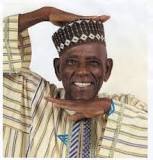
Damouré Zika, Jean Rouch’s favourite actor.


